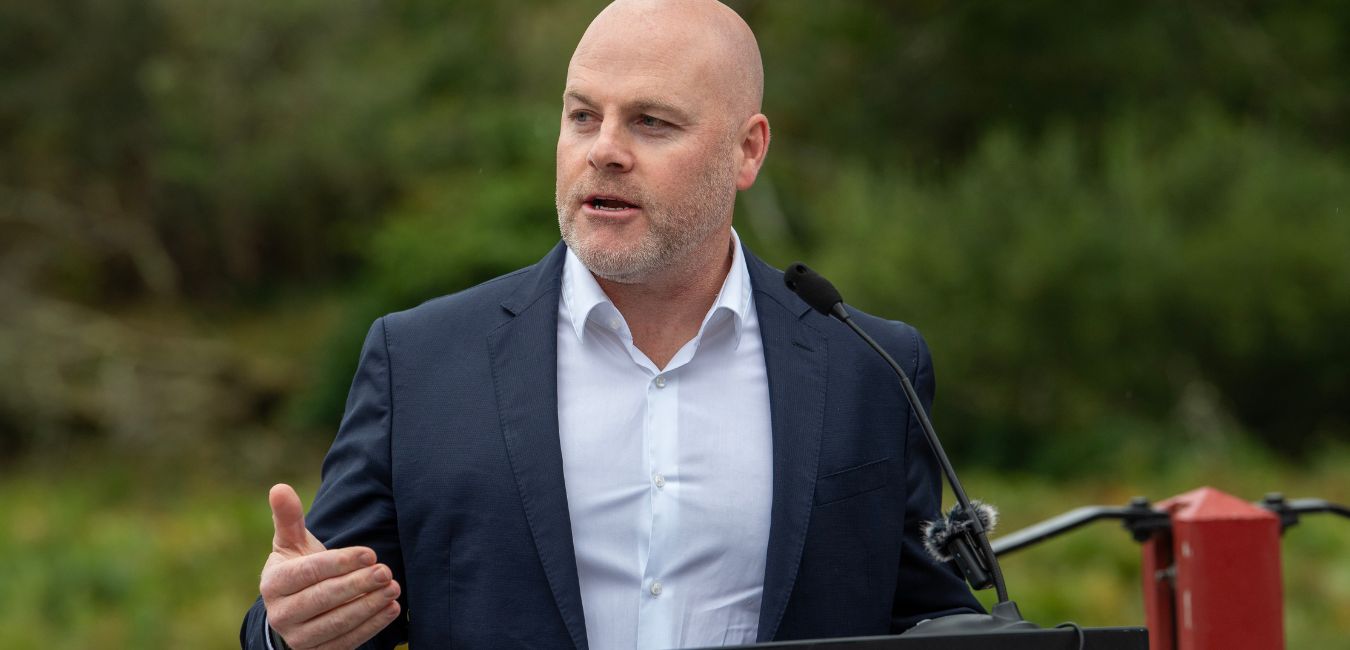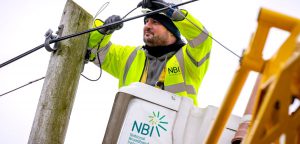Legacy phone and broadband lines to be decommissioned over time
To mark World Telecoms Day, NBI has published research findings that highlights that just one in four adults in Ireland are aware that the country’s copper telephone and broadband network is set to be phased out over time.
The European Commission has proposed 2030 as the latest date for the decommissioning of the legacy copper networks, with Ireland’s proposed switch-off coming as fibre broadband coverage becomes increasingly widespread, supported by the Government’s National Broadband Plan (NBP).
The legacy copper network has underpinned landline telephone services and early internet access for decades. However, with fibre networks now offering superior speed, capacity, and reliability, the older copper infrastructure will be gradually decommissioned – a process known as “copper switch-off”.
Despite the potential scale of this transition, public awareness remains limited. The Core Research survey revealed that only 26% of people were aware of the planned phase-out. Awareness is even lower among certain groups, including younger adults aged 18–24 (just 18%) and respondents in more rural and regional parts of the country, where copper infrastructure remains in use and where fibre upgrades are actively underway.
Peter Hendrick, Chief Executive Officer of National Broadband Ireland, said: “Fibre broadband is the gold standard for fast, reliable internet and thanks to the National Broadband Plan, many homes and businesses across Ireland can already make the switch today.
“By switching to fibre, users can leave behind the limitations of copper networks, which were never designed to meet the demands of today’s digital world. Fibre broadband helps people stay connected, work remotely, and access essential online services – no matter where they live.”
Fibre-optic broadband is fundamentally different from copper-based systems. While older Fibre-to-the-Cabinet (FTTC) solutions still rely on copper wiring for the final leg into homes, modern Fibre-to-the-Premises (FTTP) brings fibre directly to the end user. This eliminates signal degradation over distance and delivers a far more consistent and higher speed service, regardless of location.
The rollout of full-fibre broadband is not only a technical upgrade but also a catalyst for social and economic development. According to the National Broadband Plan Interim Evaluation Report (2024), nearly half (49%) of surveyed households in rural Ireland reported improved quality of life after connecting to fibre broadband. Benefits include better communication, access to online services, remote working, digital learning, and entertainment.
For many, fibre services are already available and offer an opportunity to future-proof home and business connectivity.Over 361,000 rural homes, farms and businesses now have access to fibre broadband on NBI’s fibre network and nearly 127,000 of these premises have already connected.
Mr. Hendrick added: “NBI’s open-access fibre network is future-proofed and is available through over 50 different broadband providers, giving consumers more choice, better quality, and competitive pricing.”
The copper switch-off will be gradual and regionally coordinated, with public engagement envisaged to ensure everyone is informed and prepared for the change.
Research was independently conducted by Core Research and included a nationally representative sample. Fieldwork was conducted between 4th and 16th April.
To find out whether fibre broadband is available in your area, visit nbi.ie.



